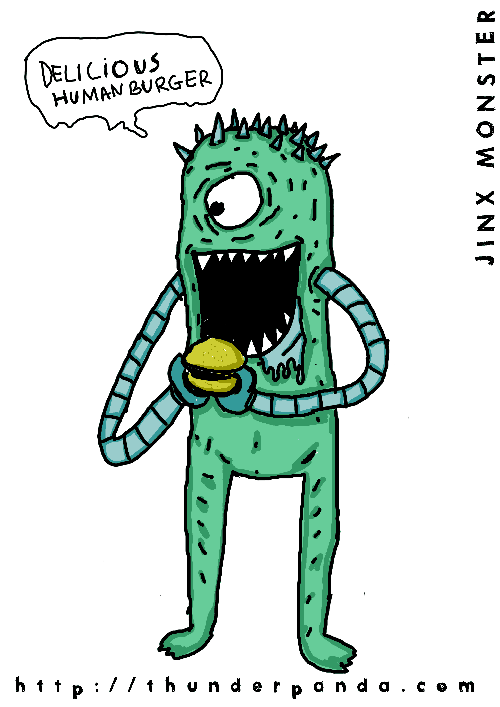Thursday
Dec292011
The McDonald's cheeseburger (story) that won't die
 Thursday, December 29, 2011 at 12:25PM
Thursday, December 29, 2011 at 12:25PM 
In the olden days, parents would tell stories of cannibalistic witches or pedophilic wolves in order to frighten their children into behaving. In our food-obsessed times, we torment them with tales of frankenfoods, meals from the undead: Cola drinks that will dissolve molars overnight; Chewing gum that will sit undigested for decades in your stomach; Twinkies that will be around when the Sun goes supernova.
Then there's the McDonald's cheeseburger, which is the Friday the 13th of fast-food frighteners: It simply won't die. According to popular legend, McDonald's cheeseburgers don't rot, go mouldy, or otherwise modulate through the usual stages of organic decay. And the reason, it is said, is that the McDonald's cheeseburger is not Real Food. Instead, it is a cheeseburger-shaped agglomeration of salts, preservatives, and other additives which are not of this earth, and not suitable for human consumption.
The story has been around for ages. Morgan Spurlock used the undead hamburger as a prop in his 2004 movie SuperSize Me. In 2008, Karen Hanrahan blogged about how she uses a 14-year-old hamburger as a device for frightening parents away from fast food, and Artist Sally Davies photographed one every day for six months or so. And now, a Windsor, Ontario nutritionist named Melanie Hesketh is getting attention for -- surprise -- using a non-decomposing McDonald's cheeseburger as a fright wig with which to terrify her kids:
Mould, maggots, fungi, bacteria — all have avoided the tempting meal that sits in plain view.“Obviously it makes me wonder why we choose to eat food like this when even bacteria won’t eat it,” said Ms. Hesketh.The meat patty has shrunk a bit, but it still looks edible and, with a faint but lingering greasy, leathery odour, she said it “still smells slightly like a burger . . . it hasn’t changed much.”
The article, by Windsor Star reporter Doug Schmidt, goes on to speculate about the salt content of the burger being the source of its longevity, and quotes at some length a chiropractor named Michelle Prince -- because chiropractors are well-known for their scientific judgment. “I think most people who see this are swayed,” said Ms. Prince.
Well that settles it then, doesn't it?
Not quite. Last year, J. Kenji López-Alt -- the editor of the food website Serious Eats -- decided to actually test the whole cheeseburgers-last-forever-because-they-aren't-real hypthothesis, by looking at how home-made burgers of similar dimensions fared under similar conditions:
Well, well, well. Turns out that not only did the regular McDonald's burgers not rot, but the home-ground burgers did not rot either. Samples one through five had shrunk a bit (especially the beef patties), but they showed no signs of decomposition. What does this mean? It means that there's nothing that strange about a McDonald's burger not rotting. Any burger of the same shape will act the same way. The real question is, why?
Indeed, why? To find out, I'll leave you, dear reader, to do what Spurlock, Hanrahan, Davies, Hesketh, Prince, and Doug Schmidt did not do, and that is to read to the end of the piece. The answer might surprise you. But I promise, it's nothing to be frightened of.
tagged  cheeseburgers,
cheeseburgers,  decay,
decay,  fast food,
fast food,  hamburgers,
hamburgers,  mcdonald's in
mcdonald's in  food
food
 cheeseburgers,
cheeseburgers,  decay,
decay,  fast food,
fast food,  hamburgers,
hamburgers,  mcdonald's in
mcdonald's in  food
food 